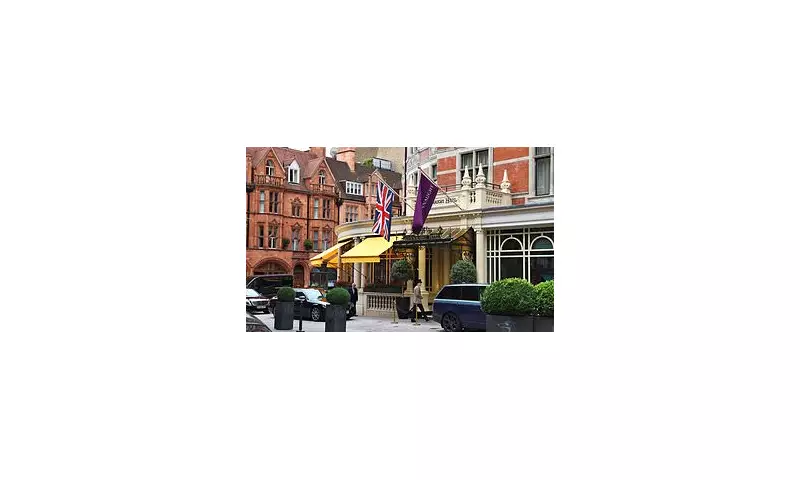
British families planning domestic holidays could face additional costs exceeding £100 under a new tourist tax proposed by the Labour party. The controversial policy targets overnight stays in hotels, guest houses, and Airbnb accommodations across popular English destinations.
What the New Tourist Levy Means for Travellers
The proposed 'levy on overnight trips' would apply in many of the country's most visited locations including London, Manchester, and York. While the expected rate is set at approximately £2 per night, the final structure remains undecided. If implemented on a per-person basis, similar to systems in other global tourist hotspots, a family of four would pay an additional £122 for a two-week holiday.
This announcement represents a significant policy reversal, coming just two months after former tourism minister Chris Bryant assured the Commons: ‘We have no plans to introduce a tourism tax. Many people in the sector have made the point to me that they feel taxed enough.’
Mixed Reactions from Mayors and Industry Leaders
The decision to implement the tourist tax will fall to elected mayors, with most expressing support as they would retain the generated revenue for local improvements. However, Mayor of Tees Valley Ben Houchen has firmly rejected the proposal, vowing: ‘I won’t be using this power. There will be no tourist tax in Teesside, Darlington and Hartlepool for as long as I’m Mayor.’
Kate Nicholls, Chairman of UKHospitality, delivered a stark warning about the potential consequences. ‘This is a tax on the British seaside holiday, the city break, those visiting family and friends,’ she stated. ‘This shocking U-turn could cost the public up to £518 million in additional tax when they travel in the UK and have knock-on impacts for the wider hospitality sector.’
Comparing the UK's Tourist Tax to European Destinations
Industry experts have raised concerns that if England adopts a similar model to Edinburgh's planned 5% room charge for the first five nights, British tourists would face higher tourism taxes than visitors to Paris, Barcelona, or Rome. A consultation ending in February will determine the final figure and whether the charge will apply per person or per room. There's also consideration of a sliding scale where more expensive hotel accommodations would incur higher fees.
Conservative MP Sir James Cleverly criticised the proposal, noting: ‘Hotels and B&Bs already pay VAT at 20%, corporation tax, business rates and National Insurance. This is therefore yet another Labour tax on British holidays, pushing up costs for hard-pressed families.’
In contrast, Mayor of London Sadiq Khan welcomed the initiative, stating: ‘Giving Mayors the powers to raise a tourist levy is great news for London. The extra funding will directly support London’s economy.’ The London mayor could receive as much as £200 million annually from the proposed tourist tax.





